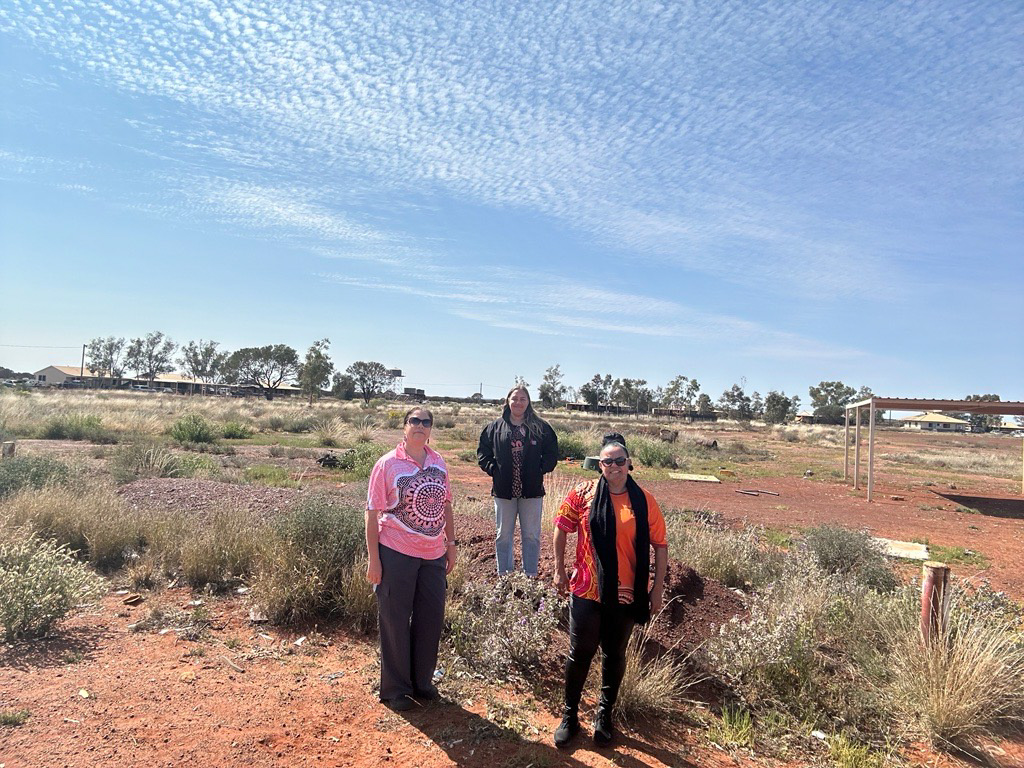
Renae Walley has encountered first-hand the challenges posed by insufficient housing and overcrowding in remote communities and towns.
For more than fifteen years she worked extensively in remote communities and outstations in the East and West Kimberley, while living in Kununurra and Broome. The past four years were spent working in education with communities and Town Camps across the Central and Barkly Regions in the Northern Territory.
“I am a Noongar woman and am happy to have returned home to WA and Noongar country after living and working in the Northern Territory,” she said.
In her role as Principal Advisor for the Remote Communities Fund program, Renae works with teams from across the Department of Communities to coordinate the construction and refurbishment of homes for select remote and town-based Aboriginal communities in WA.
Renae says that housing challenges have tangible impacts on an individual’s life, including education, financial security, health, conflict, and homelessness, and can limit their access to service providers.
“I work with remote communities to support families in their housing journey through refurbishment and build options. It’s a collaborative program that involves teams from across Communities, Agencies, Traditional Owners, Aboriginal community members, residents, and tenants.”
“I use these opportunities to not only gain knowledge, but also transfer my knowledge and cultural lens on housing, so that in the future, they are aware of what housing means in their community,” she said.
The WA Government established the Remote Communities Fund to support improved water, power and municipal services, and increase housing availability in remote Aboriginal communities.
This investment is driving progress towards the socioeconomic outcomes and priority reforms in the National Agreement on Closing the Gap, particularly those related to health, wellbeing, economic participation, and appropriate housing for Aboriginal people.
Renae believes the investment is fundamental.
“It provides a gateway for generational change for families who can have a home, can live on country, access services, find stability, thrive, and continue to live in the richness of the cultural and diversity in their homelands.”
“I am happy to be part of a project that supports a more sustainable housing journey and incorporates the voices of Aboriginal communities and our culture,” she said.
Renae has worked with Aboriginal families in Education, Employment, Youth and Adult Incarceration, Suicide Prevention, Stolen Generation, Domestic Violence and Housing and Homelessness, and she continues to be an advocate for each.
When not at work she enjoys spending her time with family and friends and being back on Country.


